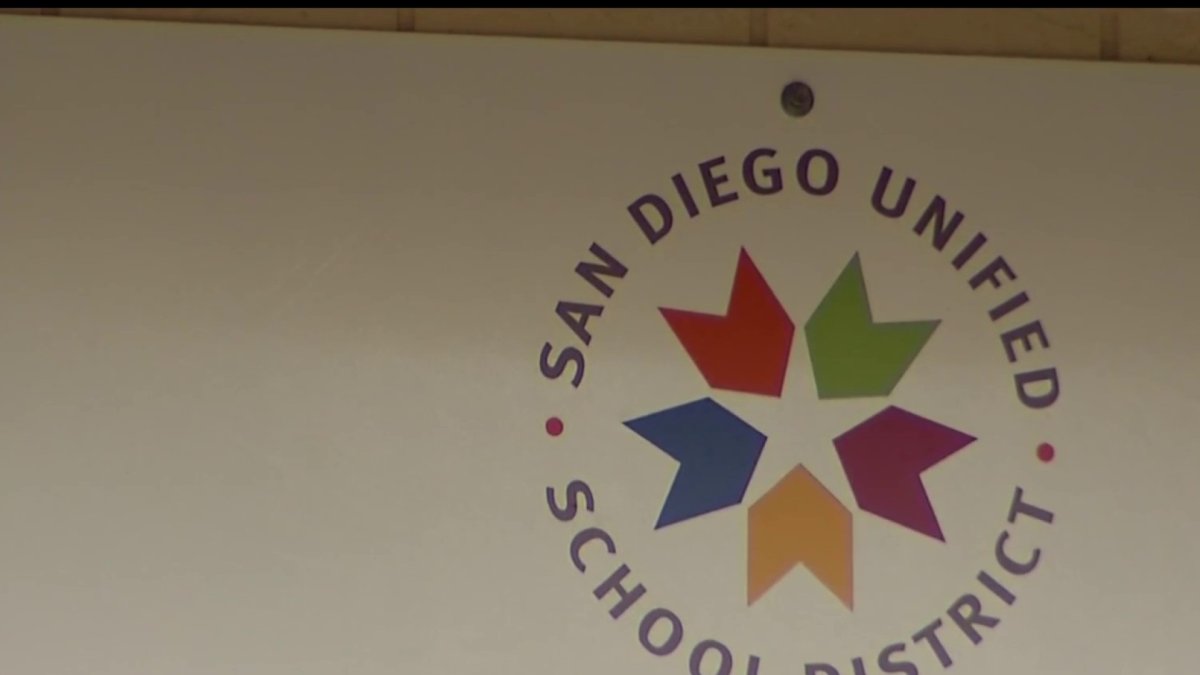
NBC 7’s Alexis Rivas spoke with two board members about this new policy and what it means to students.
Students will no longer be graded based on a yearly average, or on how late they turn in assignments. Those are just some of the major grading changes approved this week by California's second-largest school district.
The San Diego Unified School District (SDUSD) is overhauling the way it grades students. Board members say the changes are part of a larger effort to combat racism.
“This is part of our honest reckoning as a school district,” says SDUSD Vice President Richard Barrera. “If we’re actually going to be an anti-racist school district, we have to confront practices like this that have gone on for years and years.”
According to data presented by the district, under the old grading system, teachers fail minority students more than White students – a lot more.
During the first semester of last year, 30% of all D or F grades were given to English learners. One in four, 25%, of failing marks went to students with disabilities.
By ethnicity, 23% went to Native Americans. Another 23% of failing grades went to Hispanics. And 20% of D or F grades went to Black students.
By comparison, just 7% of failing marks went to White students.
Local
In an effort to change that racial imbalance, the school board voted unanimously this week to make several big changes to its grading system.
Academic grades will now focus on mastery of the material, not a yearly average, which board members say penalizes students who get a slow start, or who struggle at points throughout the year.
Another big change, teachers can no longer consider non-material factors when grading. Things like turning work in on time and classroom behavior will now instead count towards a student's citizenship grade, not their academic grade.
“I think this reflects a reality that students have described to us and it’s a change that’s a long time coming,” says Barrera.
Student School Board Member Zachary Patterson, who is also a junior at University City High School, says while some classmates expressed concerns about grade inflation, overall the feedback from his peers is positive.
“I know students all across the school district are really happy with the idea that these other accountability measures are no longer going to be defining their understanding of knowledge,” says Patterson.
After Patterson expressed concerns at this week’s meeting, the board will also review potential student disparities stemming from its zero-tolerance disciplinary policy on cheating in the coming weeks.
Nearly 106,000 students attend a San Diego Unified School District school.